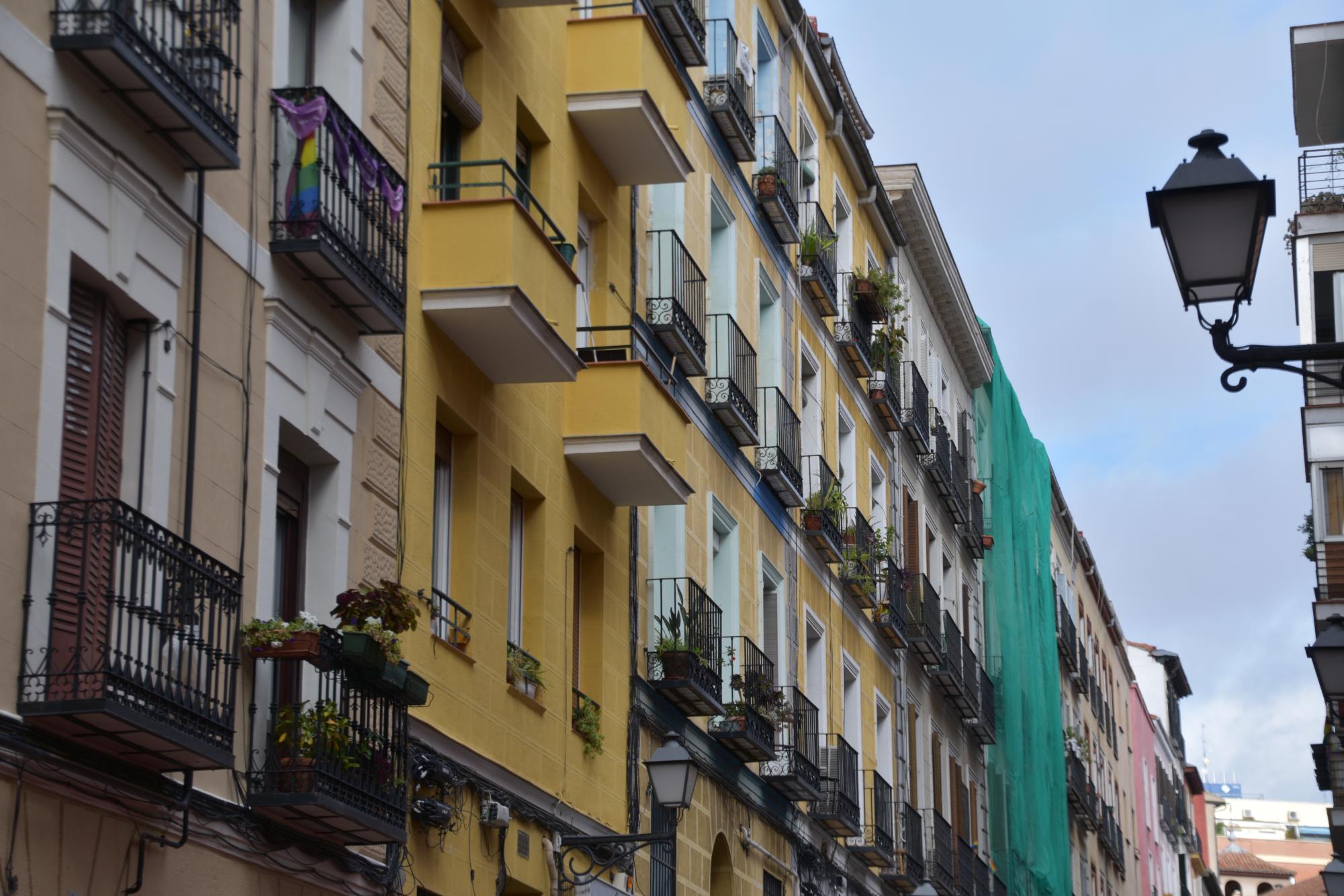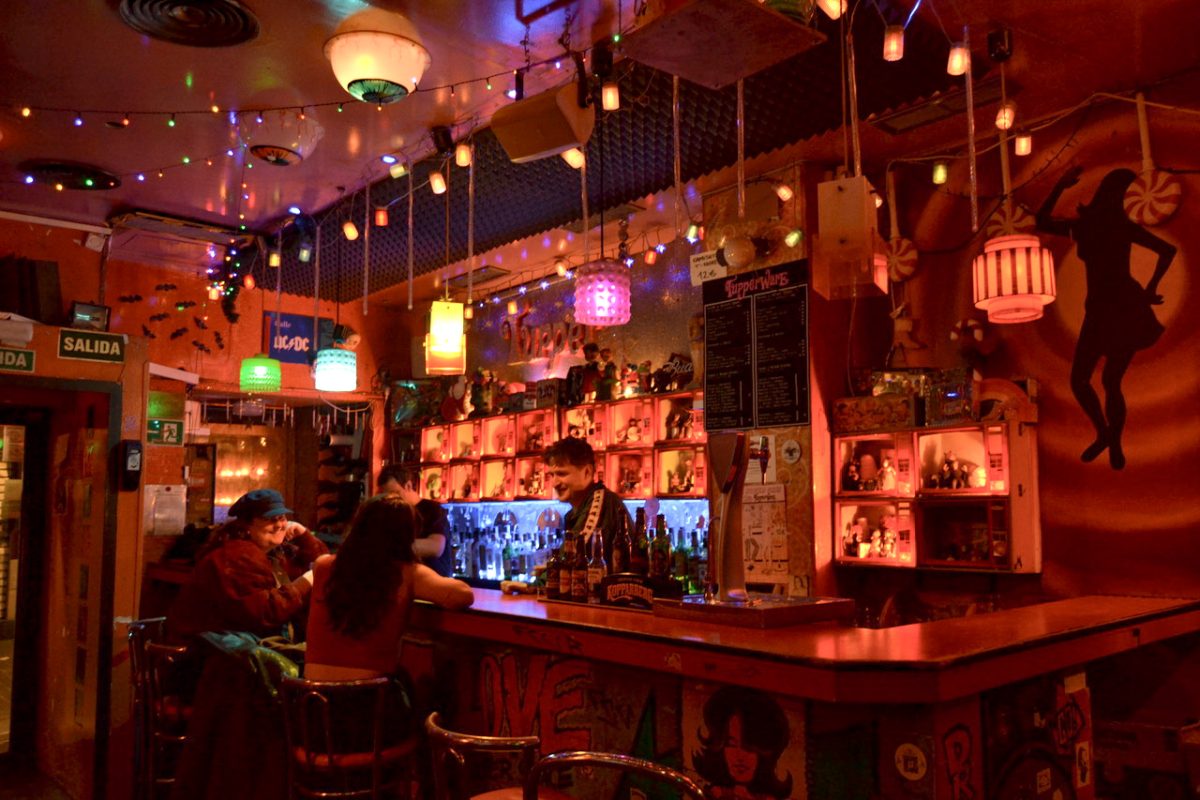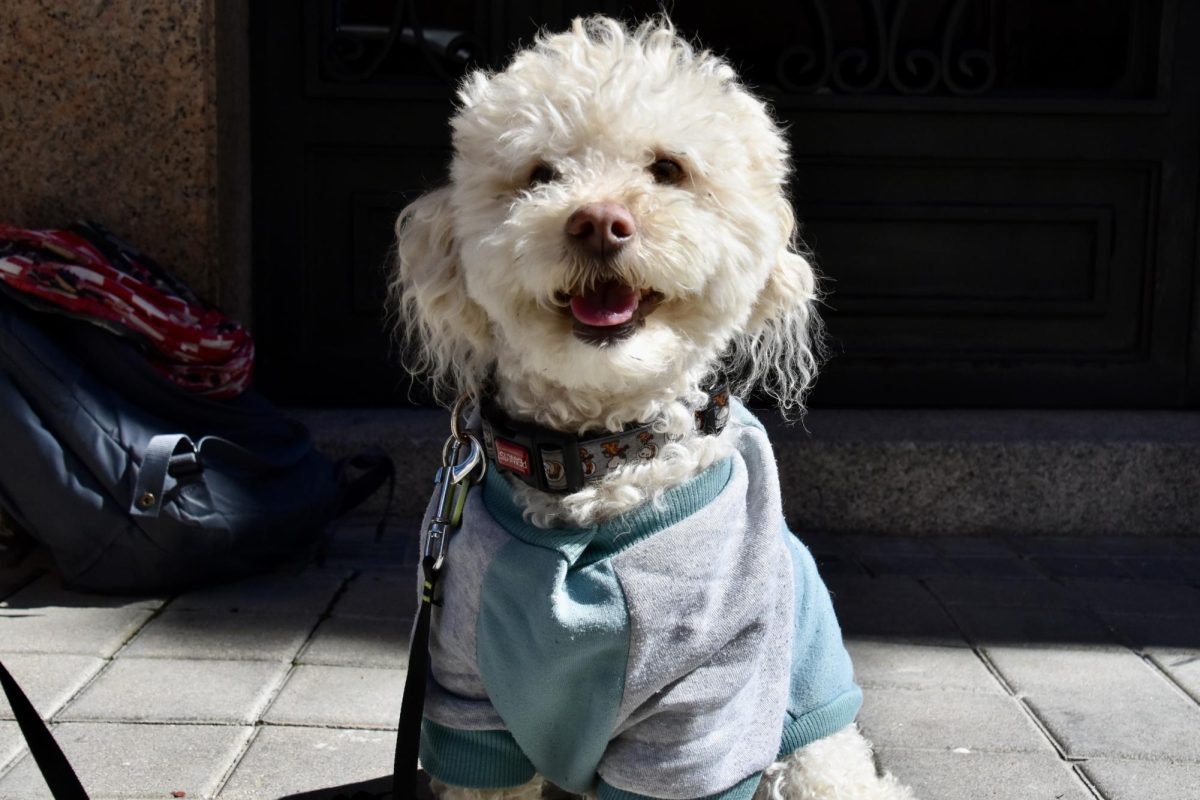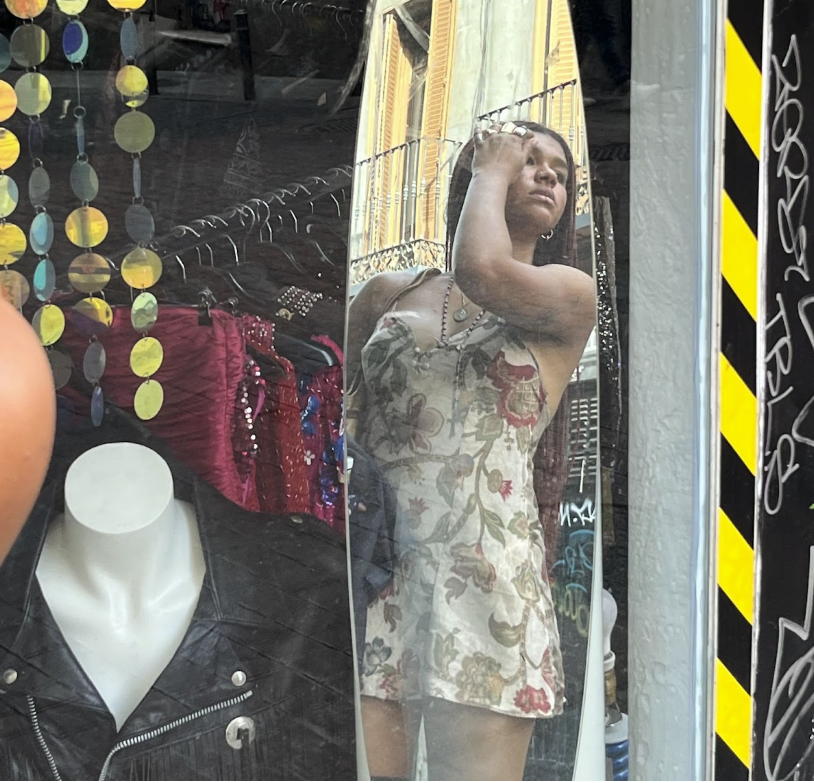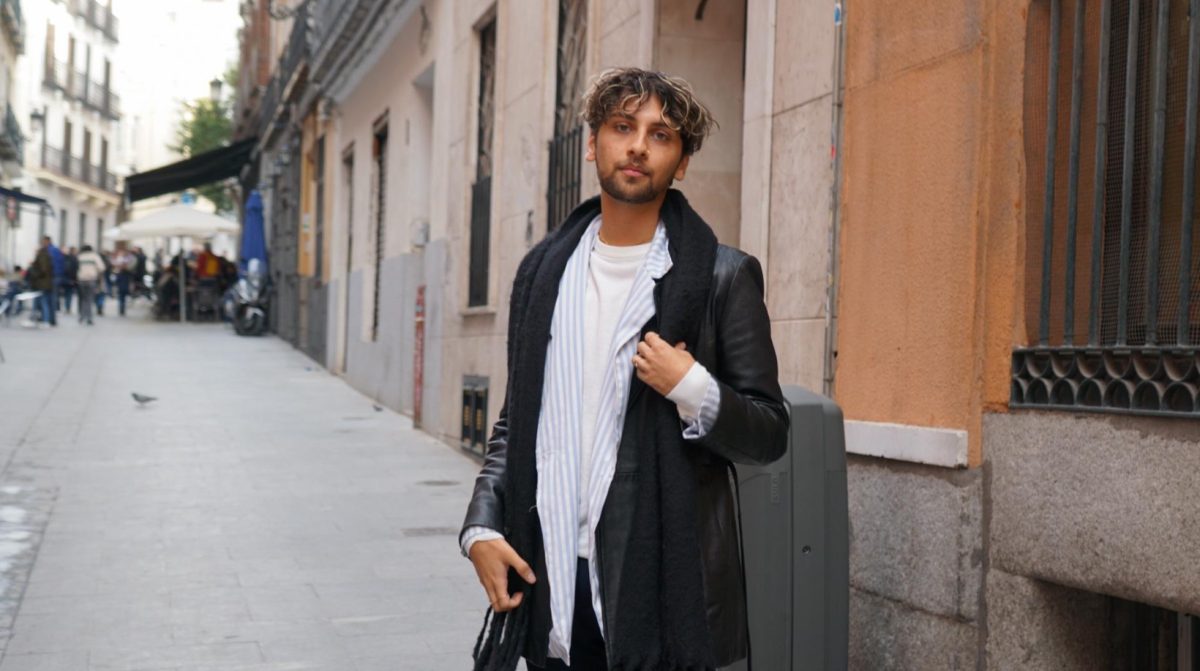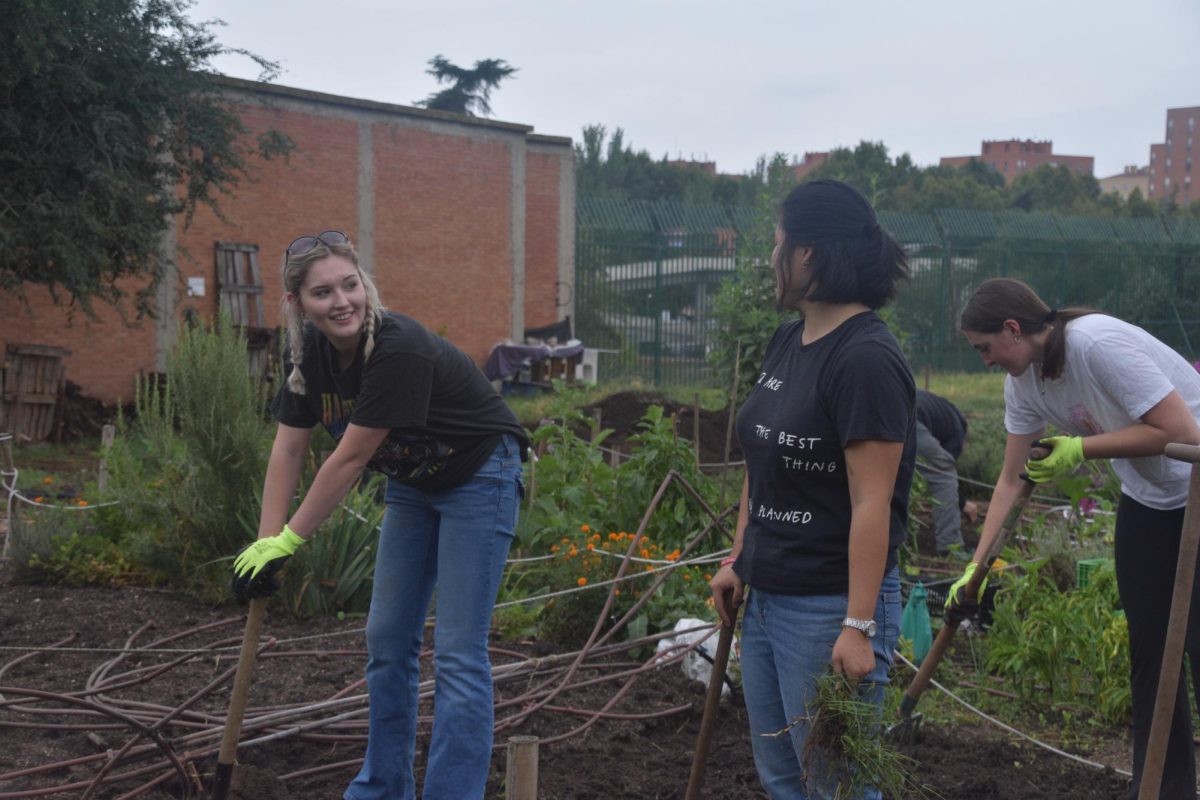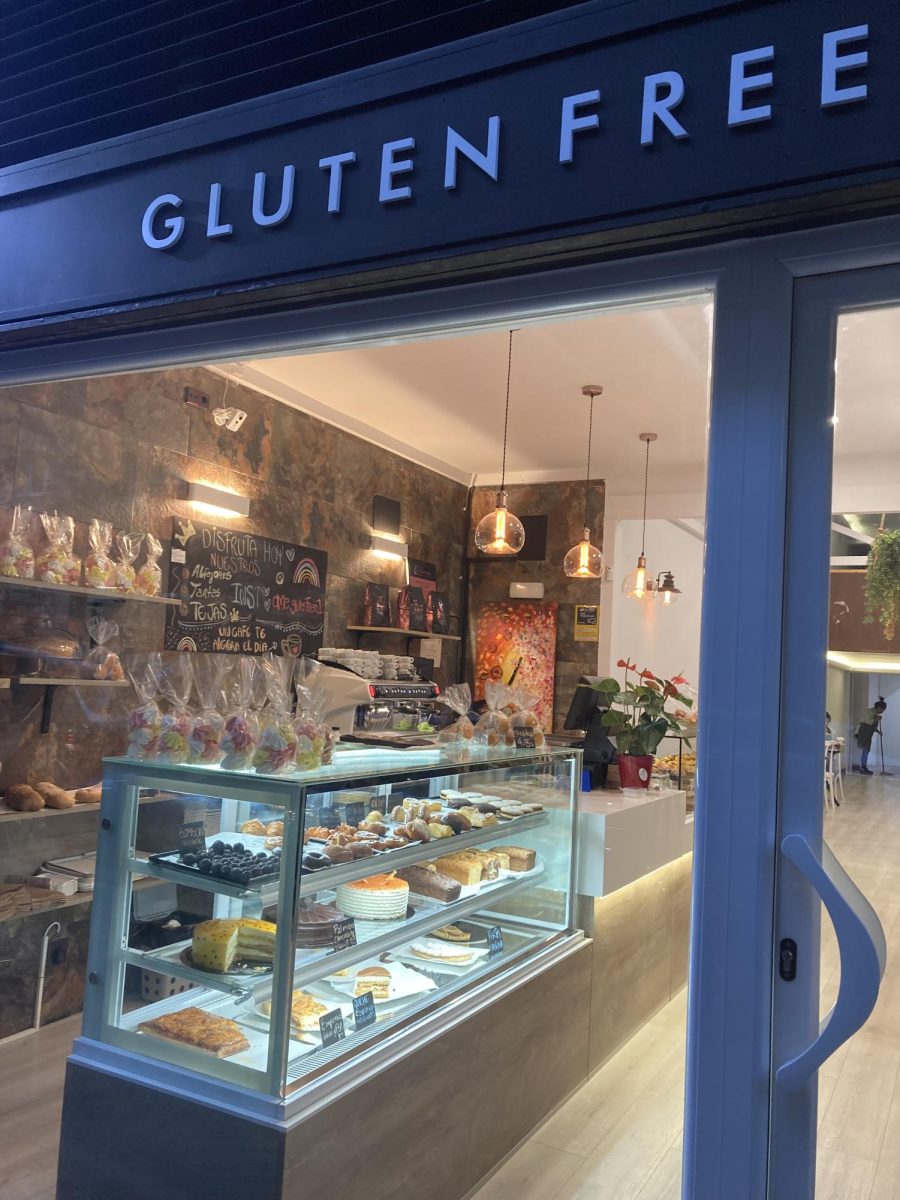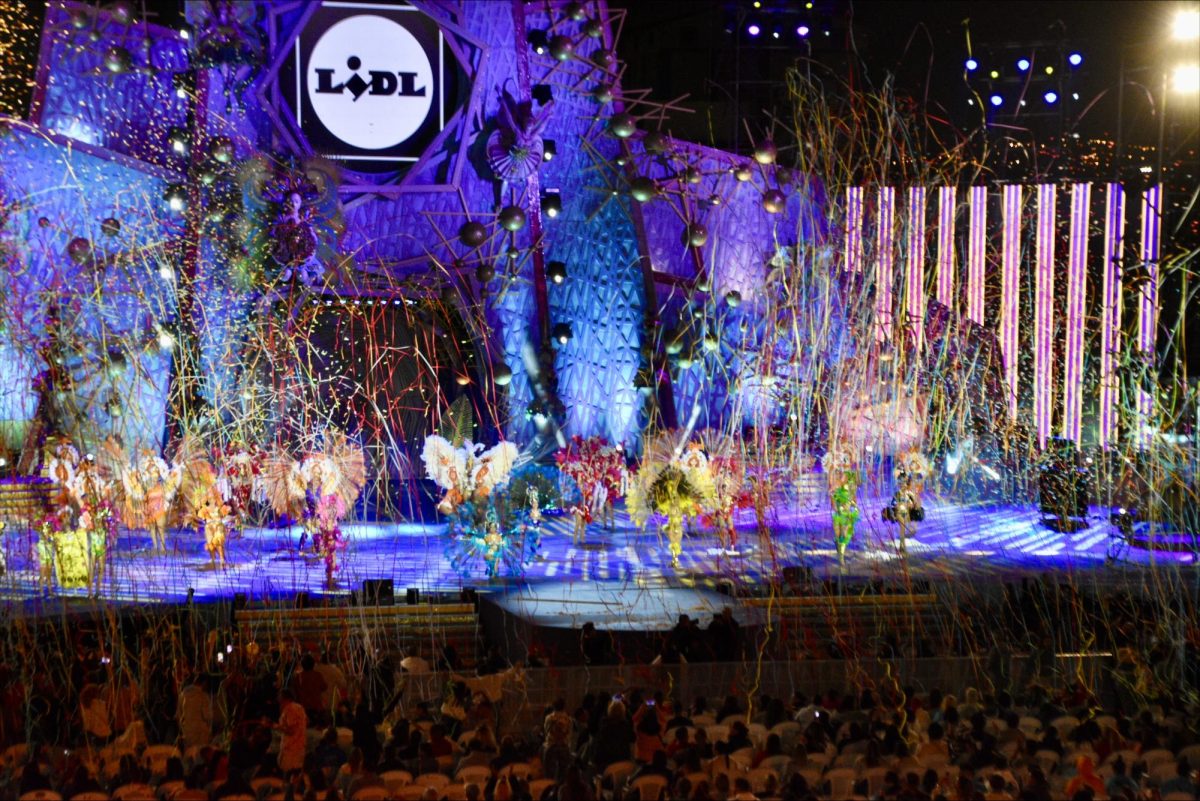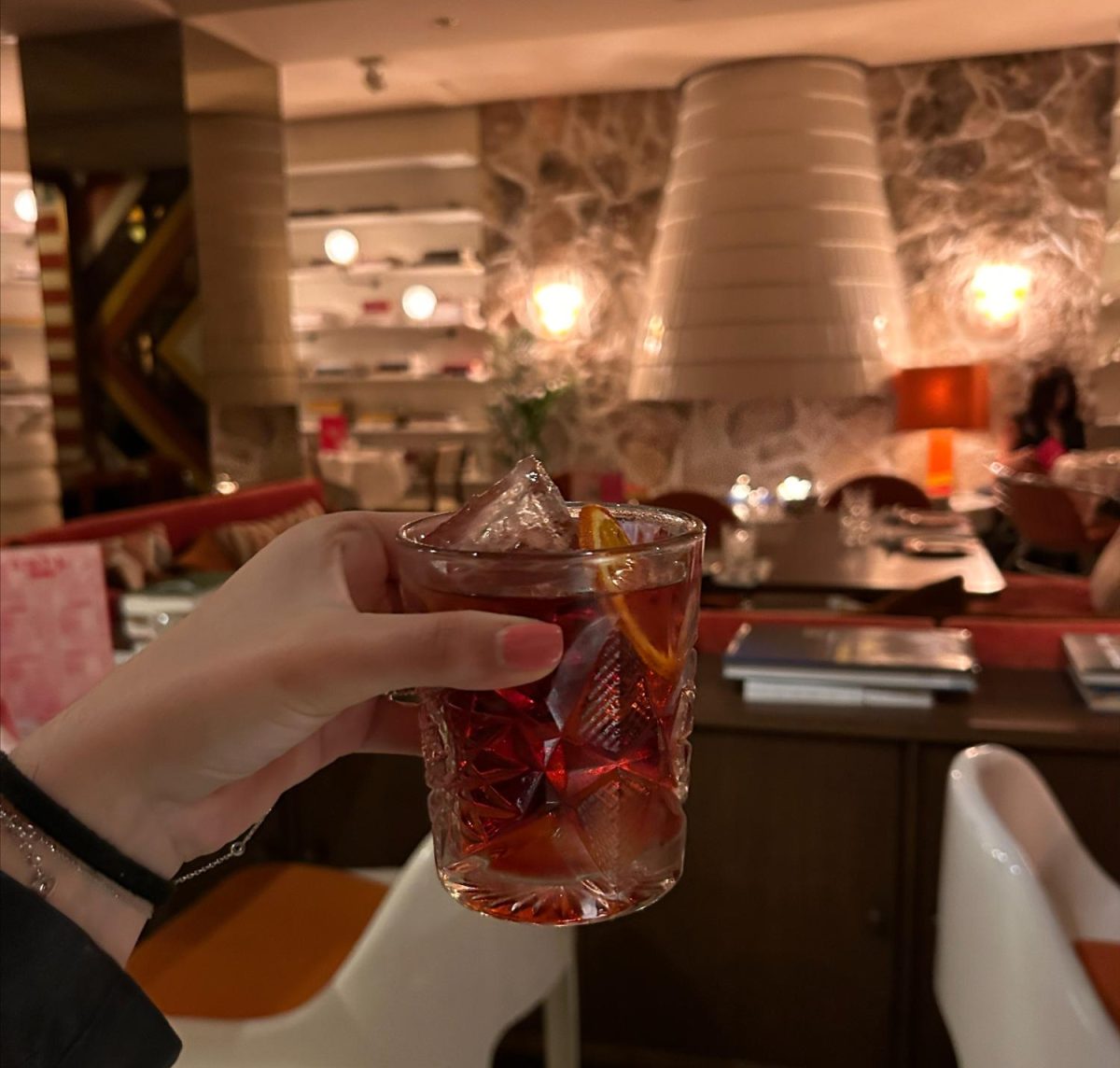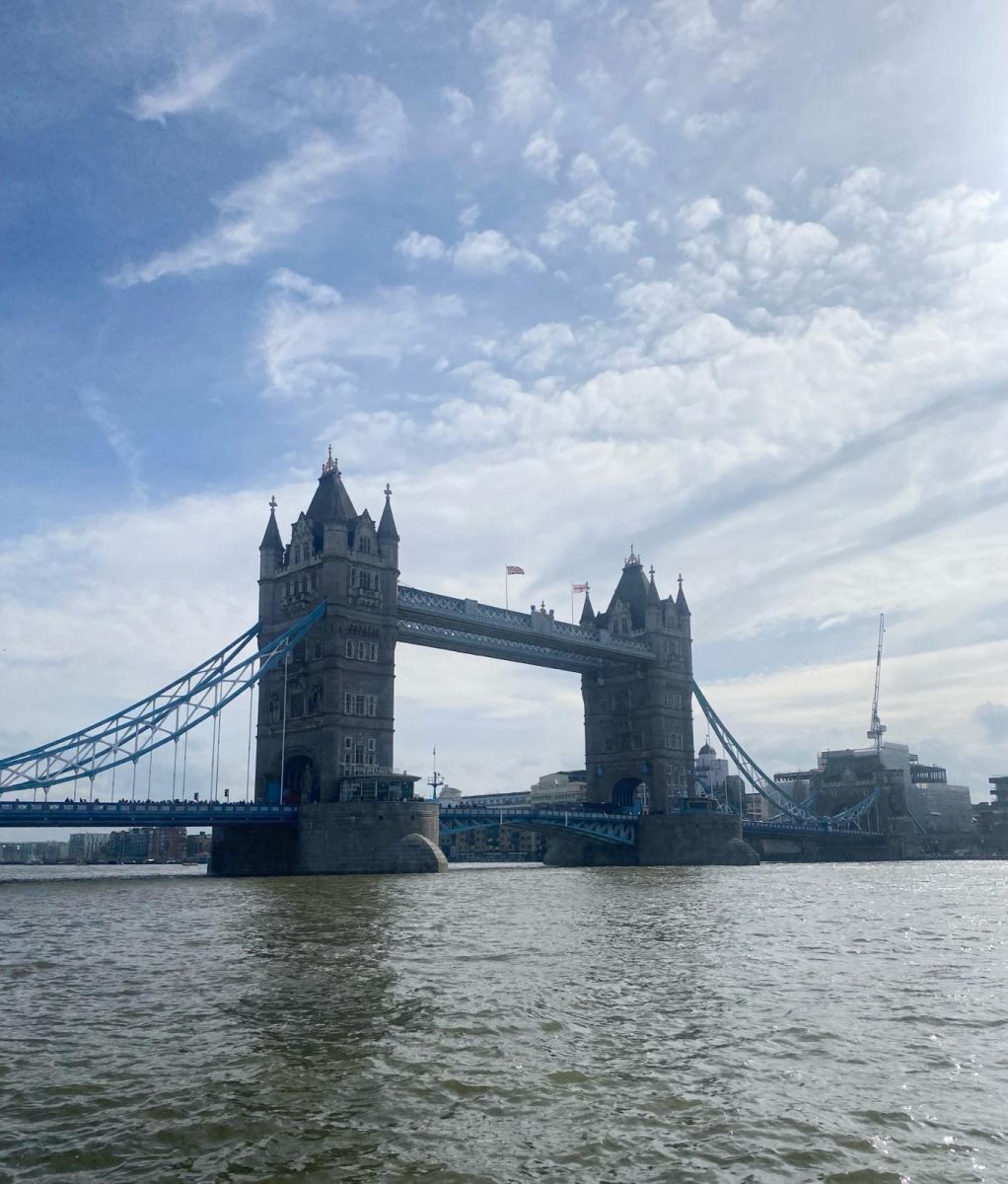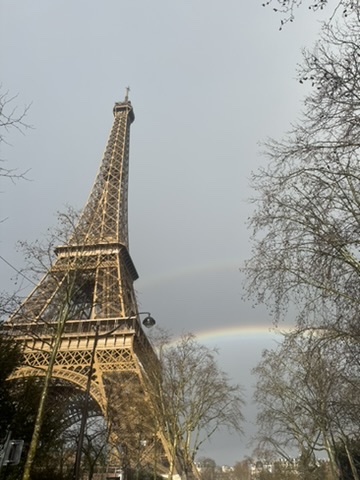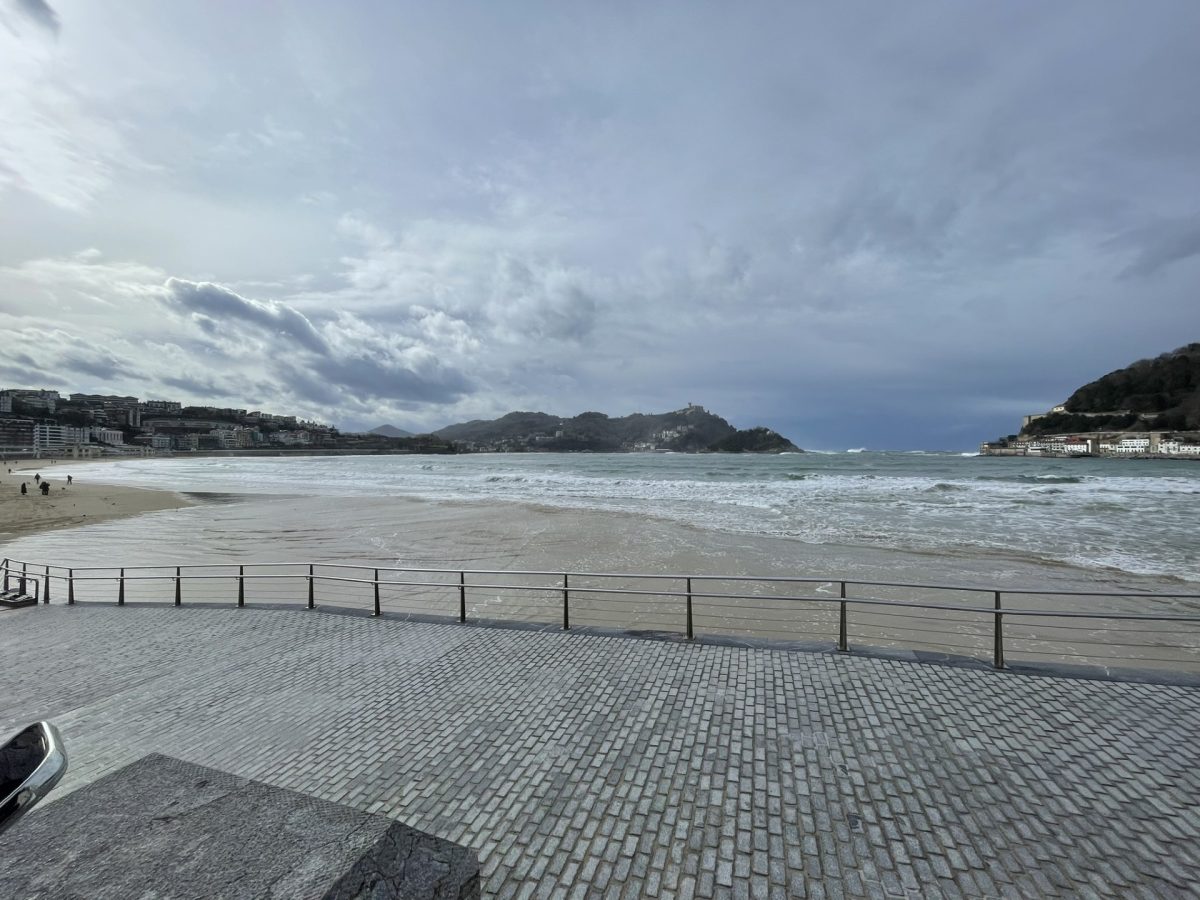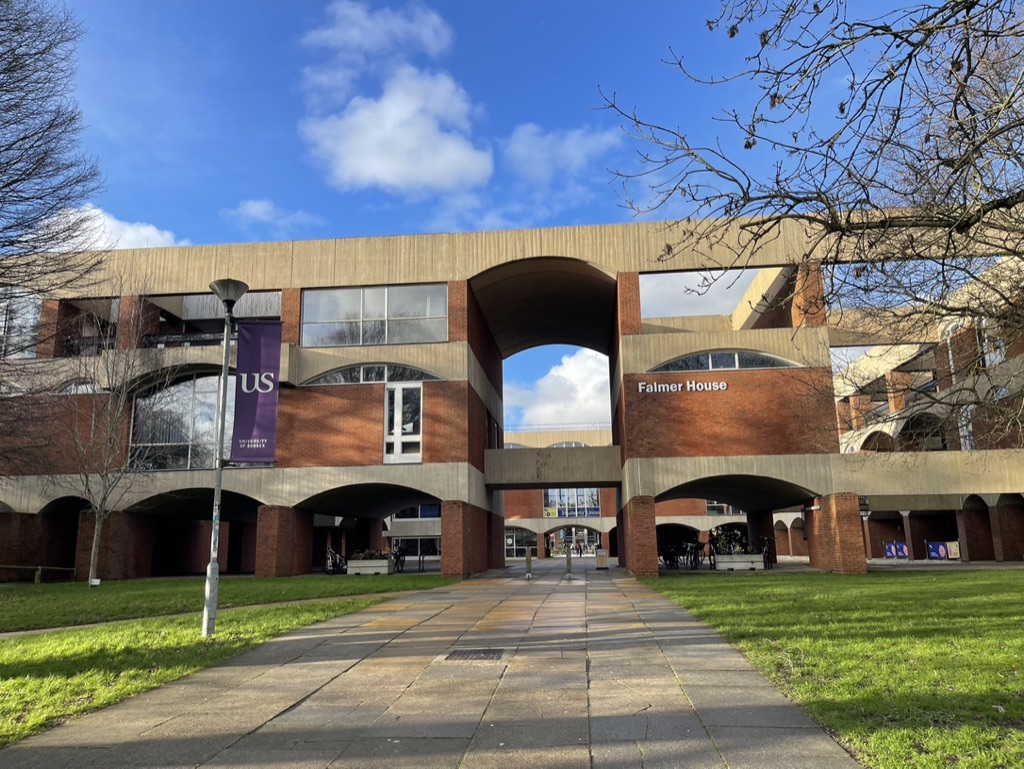Lodged between Gran Vía, the boisterous tourist epicenter of Madrid, and Barrio de Malasaña, the hippest student area in the capital, lies a hidden gem. For the expanse of four blocks, the bustling city goes quiet, and becomes a peaceful conglomerate of creativity and the pursuit of passions.
Conde Duque, a quiet-yet-glowing small neighborhood characterized by narrow streets, pigeon-filled plazas and all sorts of small shops, gets its name from the fortress that stands in the center of it. Impossible to miss because of the street-wide barricade that surrounds it, Centro Cultural Conde Duque was a military cuartel and academy until the end of the nineteenth century. Since 1983, it has been functioning as a cultural center; holding art exhibits, concerts and literary events. The outwardly outdated-looking but internally lively building has truly surpassed the test of time. According to the center’s security guard Francisco, however, the true magic lies in the area that surrounds it.
“No one around here is rushing or in a bad mood, everyone is just exploring or relaxing,” he says, gesturing towards people walking their dogs in the small park across the street. His guard uniform, complete with a fluorescent vest and a walkie talkie, fits his serious expression and perpetually furrowed brow- yet the admiration he holds for the space around him is unmistakable. He explains that over the four years he’s worked there, he’s seen the neighborhood fill with more and more curious shops and eccentric locations that are very unique to the area.
“Every store and place around here is so different, everyone does their own thing,” he says.
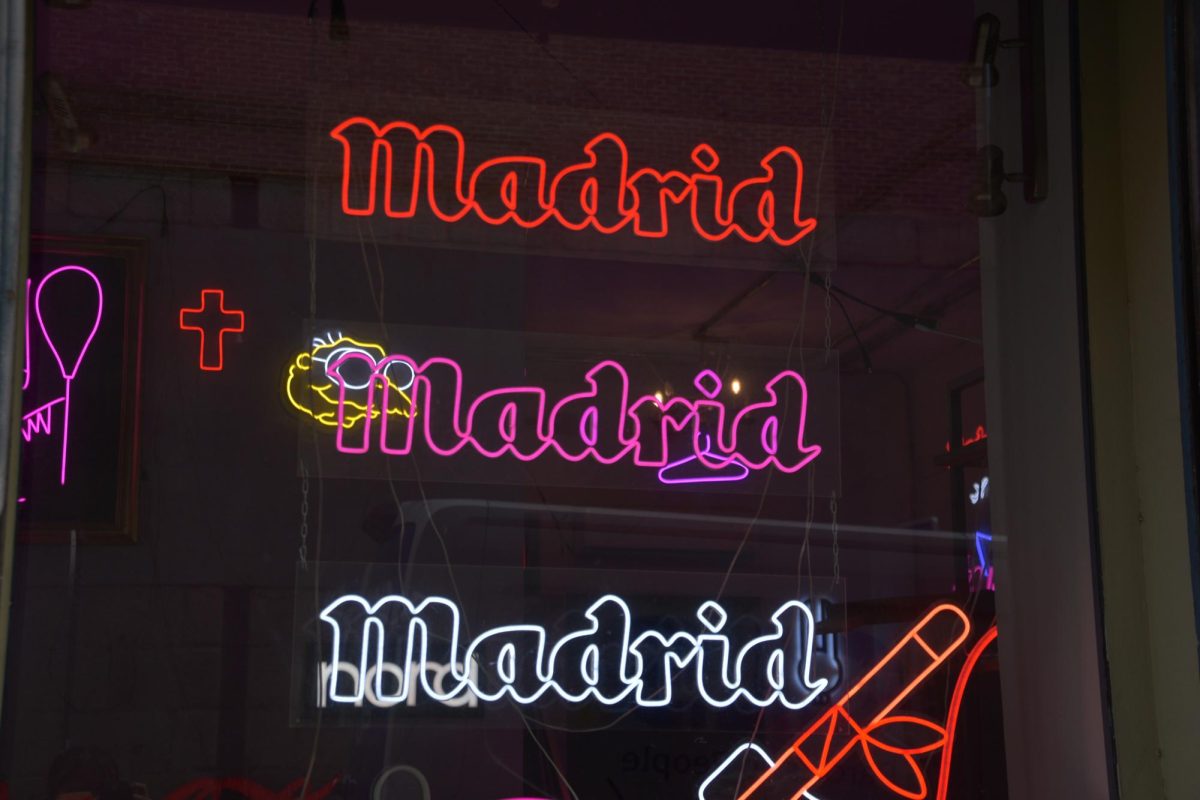
The uniqueness of these places becomes evident when walking down the street across the barricade, where your attention will be immediately caught by a display of bright neon led lights in the shapes of Mickey Mouse, the McDonald’s logo and a number of different animals and letters.
This striking establishment is called Rabbiz; it’s a store and workshop that specializes in the design and handcrafting of personalized led signs. Decorated with rustic wooden furniture, old records and stray pieces of metal and wire, the space is seemingly small, but actually has a whole manufacturing studio underneath. When walking inside, you’ll be greeted by the friendly Bronco, a six-month-old gray Weimaraner puppy that wanders around the store playfully while his owners work, but has been trained not to step on the mess of cables laid on the floor.
Alvaro, one of the store’s owners, kneels next to an outlet and tests out the wiring of a sign while he explains that Rabbiz opened just two weeks before the pandemic started. For a long while, they only came into the store to work on orders downstairs in the workshop. Now that the world is back to normal, they still get orders online, but also have a lot of clients who are drawn to the store while wandering around the neighborhood.
“It’s definitely an area where people are artistically curious,” he says, smiling.
The dogs seem to rule this neighborhood, seeing as right across the street a significantly smaller one lives in Maggie boutique. The four-year-old Pomeranian named Chachi will run to greet you at the rustic blue door as soon as it creaks in opening, welcoming you to a cozy, wood-lined hallway filled with carefully selected fashion accessories of independent designers and local brands. The owner Pepe, long haired and friendly-faced, guarantees they are “only the best” with a deep chuckle. He relaxes in a comfortable-looking cushioned chair behind the cashier, reprimanding Chachi loudly every couple of seconds for sniffing around, and explains that he selects the items he sells based on the season. Cashmere scarfs and sweaters hang from small clothing racks, sorted by color, material and in some cases even by pattern scheme. An array of middle-aged, elegant ladies wearing hats flow in and out of the store, greeting Pepe and an over-excited Chachi by name before inquiring about the new items that have come in this week.
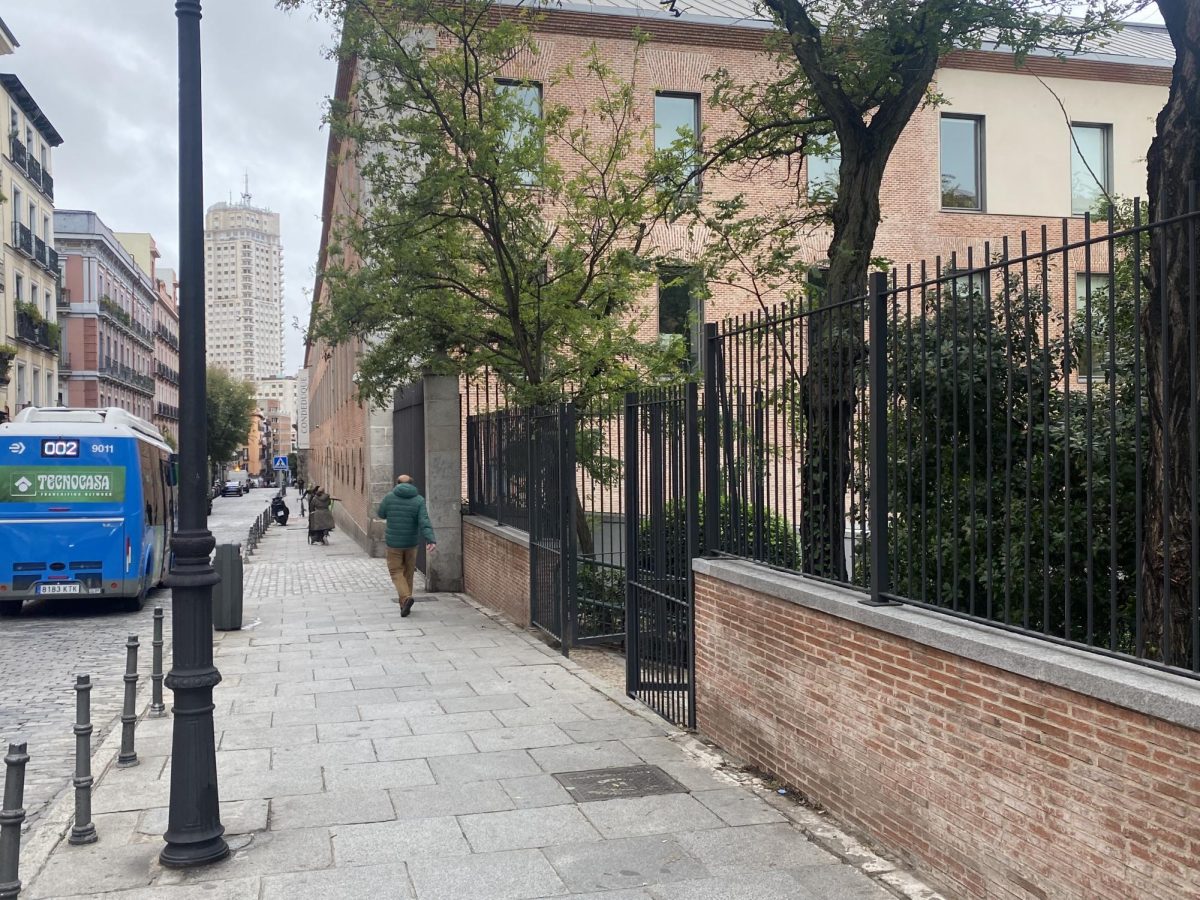
From there, the scent of brewing coffee and freshly baked pastries will surely draw you towards Siniestro, where the logo of a smiling mug is plastered on a glass door so narrow it seems to have been carved into the stone wall. Juan (the Argentinian native who inaugurated this shop a little under a year and a half ago), brews tea leaves and grinds coffee beans on all kinds of complex machinery laid out on a small counter. He wipes his hands on his apron every once in a while and speaks passionately about the concept of his business.
“I wanted to merge the communal characteristic of coffee shops with art and photography, which are great passions of mine.” he explains, nodding towards a display of black and white photographs laid out on gray wallpaper.
Every month, the coffee shop hosts exhibits of young or upcoming photographers. Juan gets sent many portfolios online, but explains that he also gets requests of exposure from clients who walk into the shop and sporadically decide it would be an interesting place to have their work displayed. This location, he says, has a great influence on the kind of people who approach him, and the kind of environment he has managed to create within his business. There’s more places like this, that combine passions and talents in specific ways. Just up the street, Minishop Conde Duque offers hundreds of collectable sneakers of different sports brands. A block over, Madrolls sells cinnamon rolls in every flavor and color imaginable; from raspberry, to pistachio, to Kinder chocolate. And a three minute walk away, La Casseteria looks like it was ripped right out of the seventies, offering to record almost anything on vintage cassette tapes. Juan is adamant about this diversity.
“There’s a lot of creativity around here,” he affirms, pouring chai tea through a strainer. “Everyone has their own talents and exerts them in their own unique ways.” As he says this, he looks outside the large window, where the sun has started to set over the busy dog park across the street.
